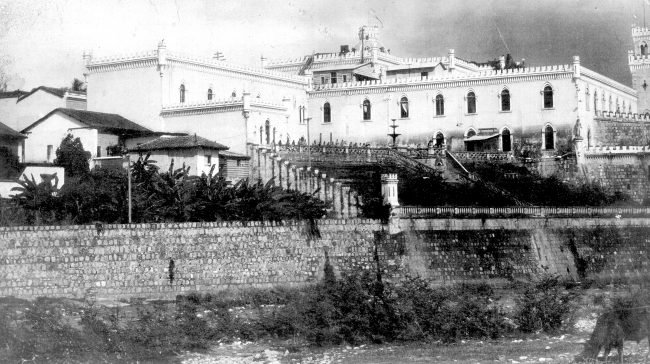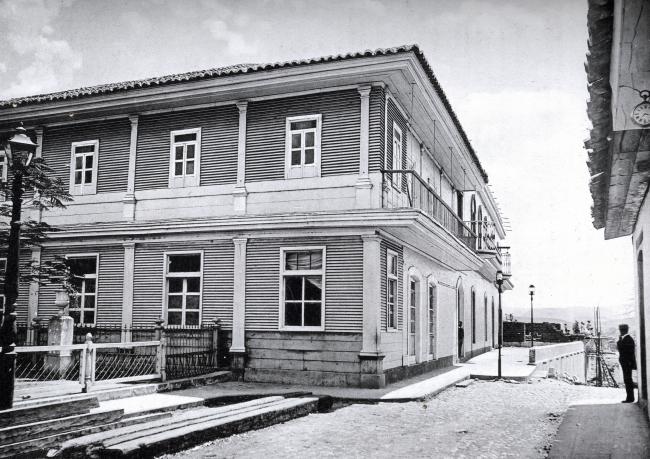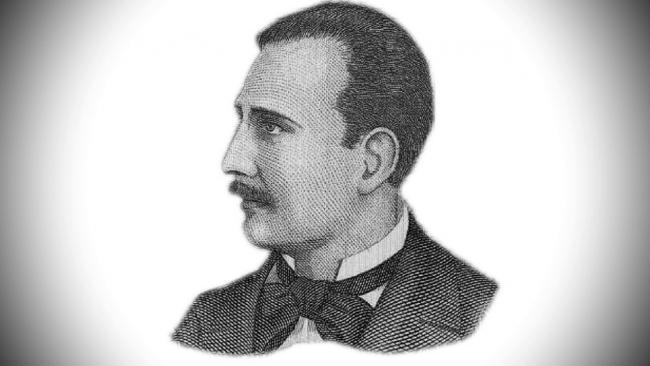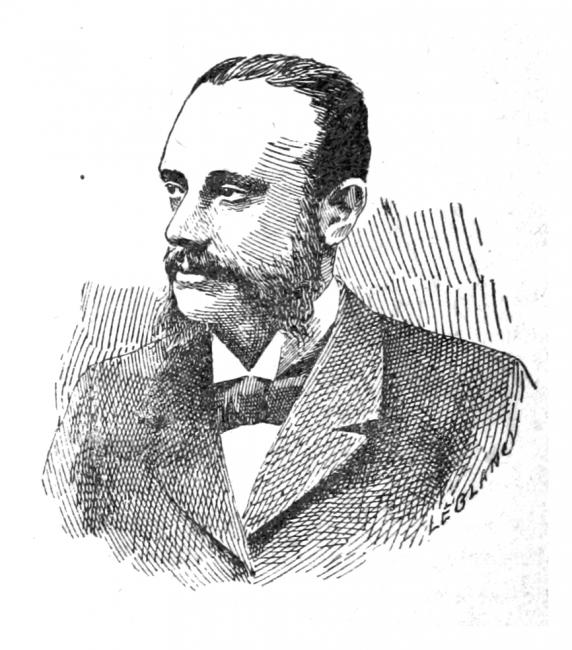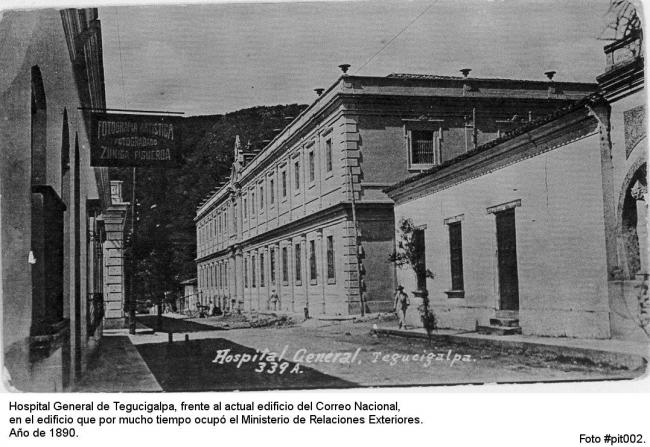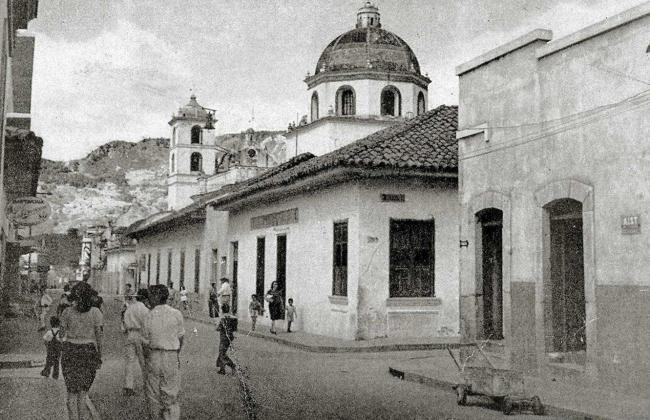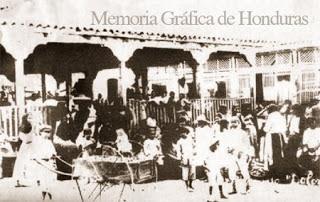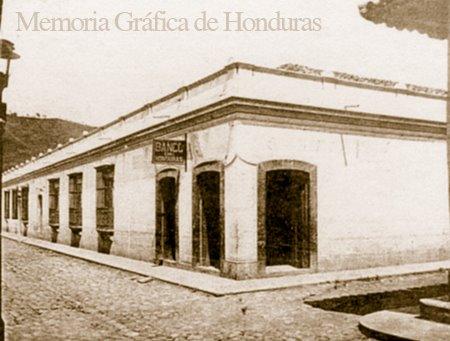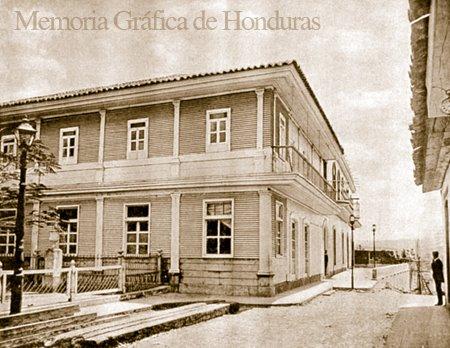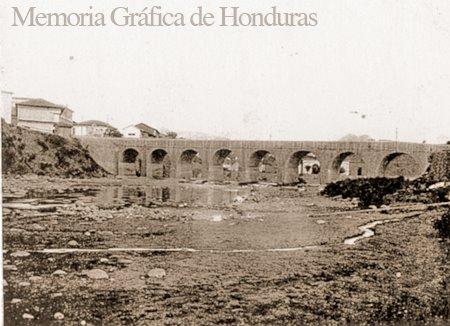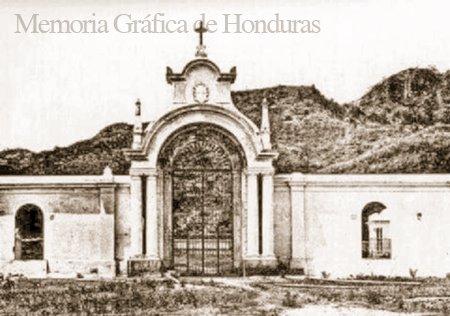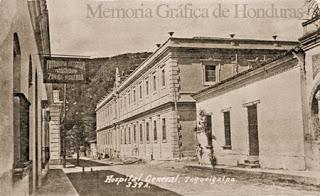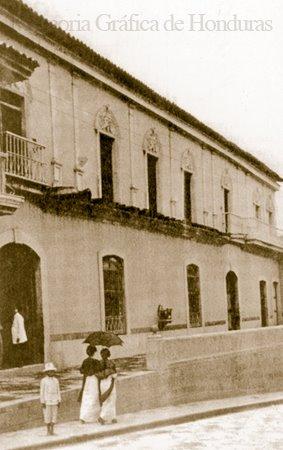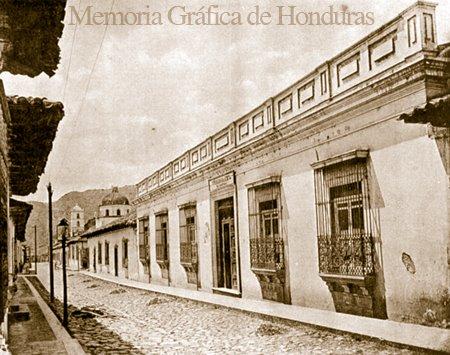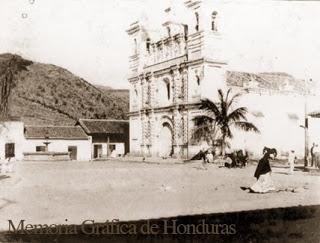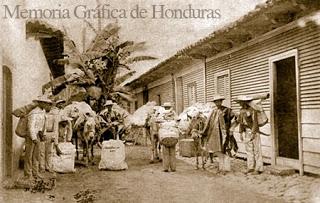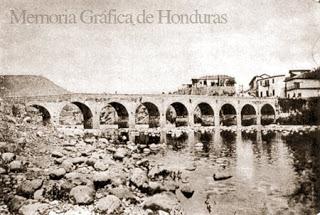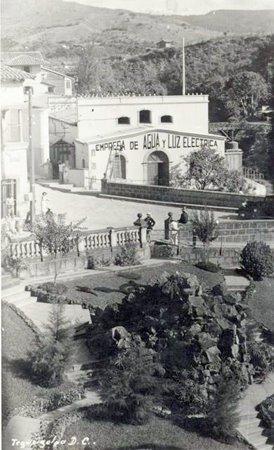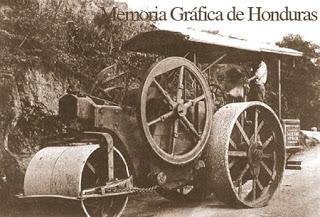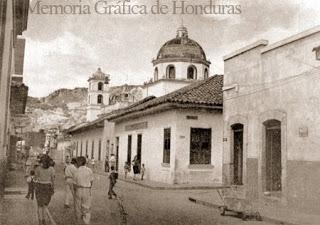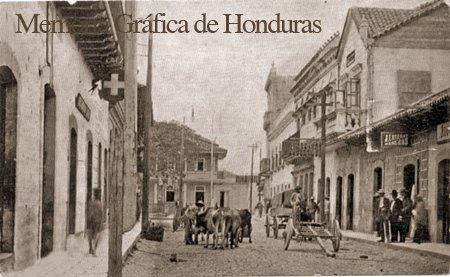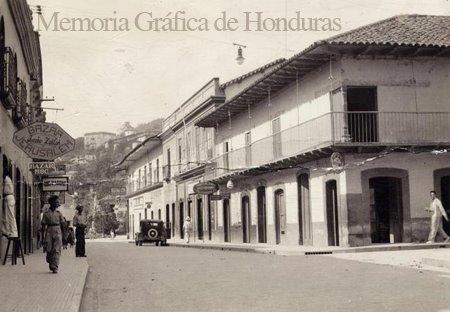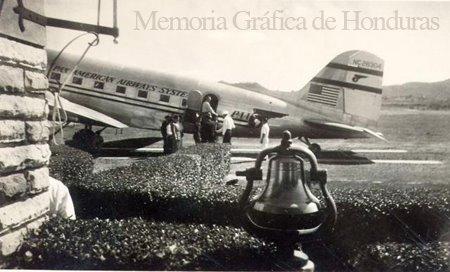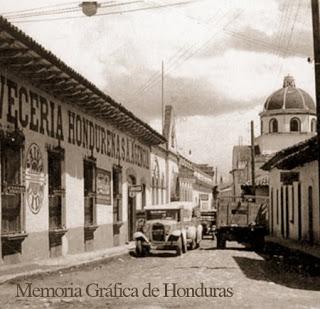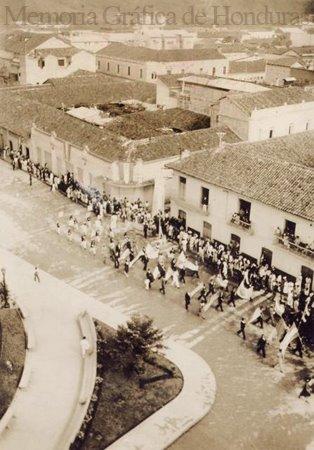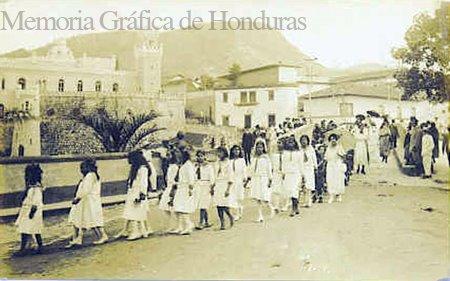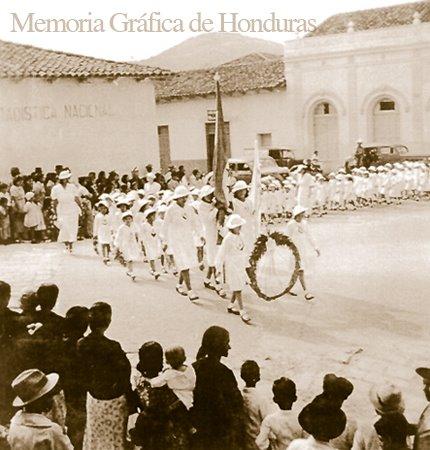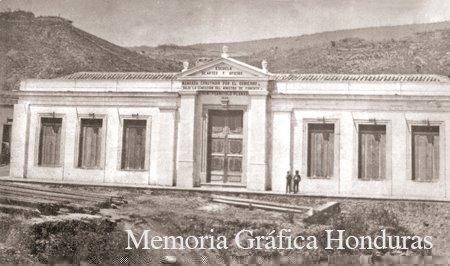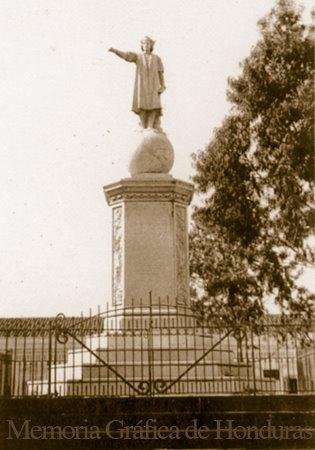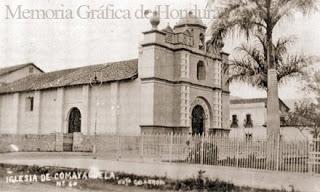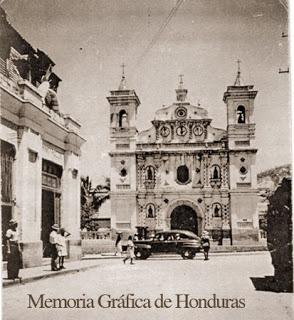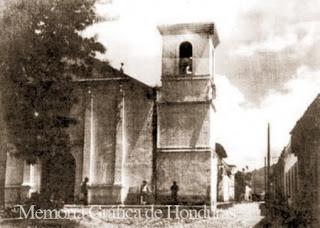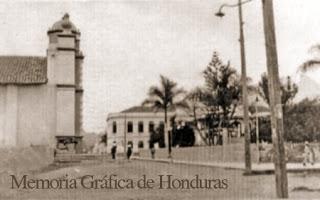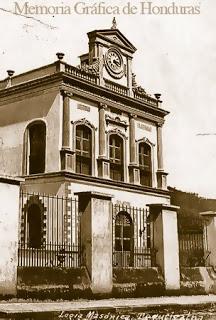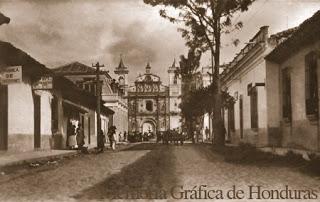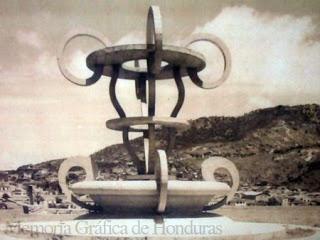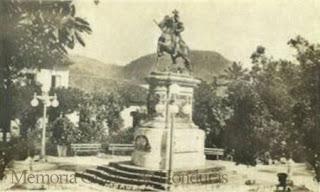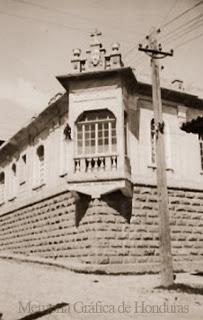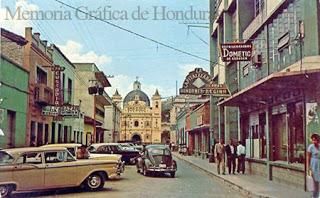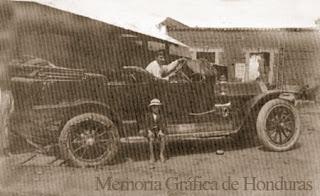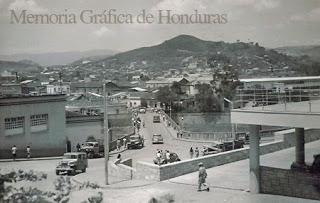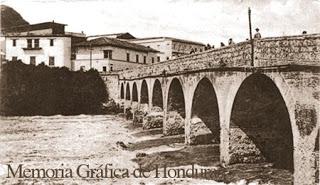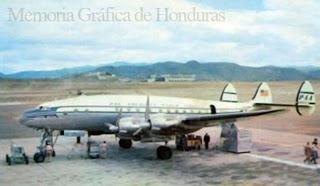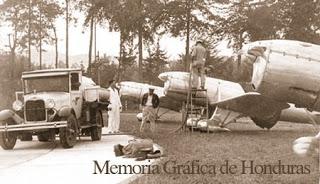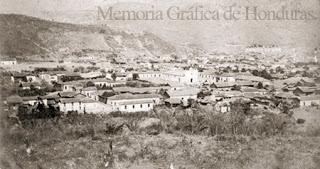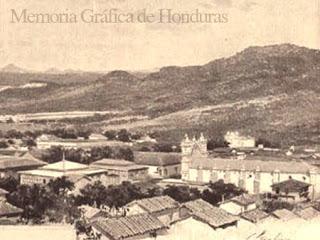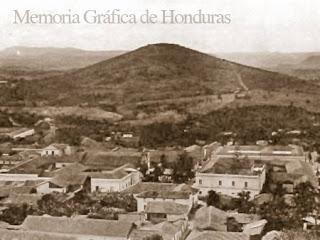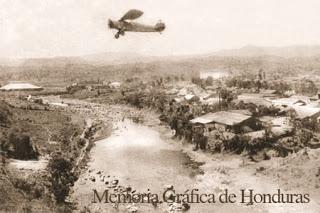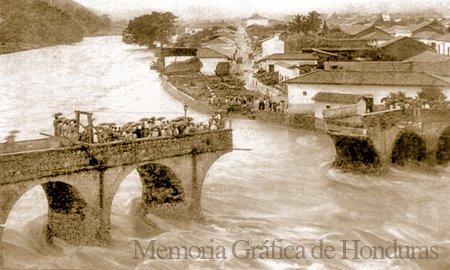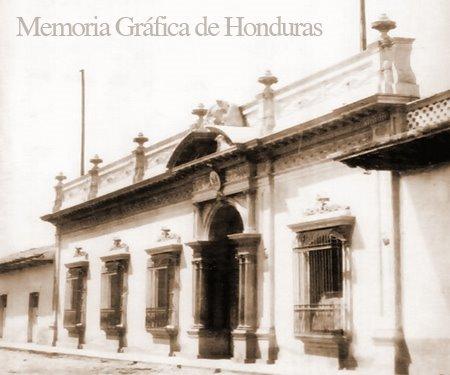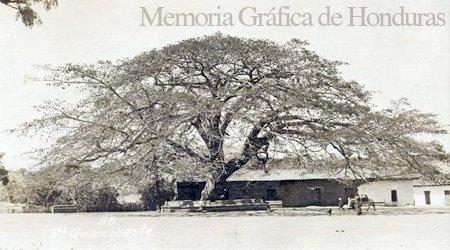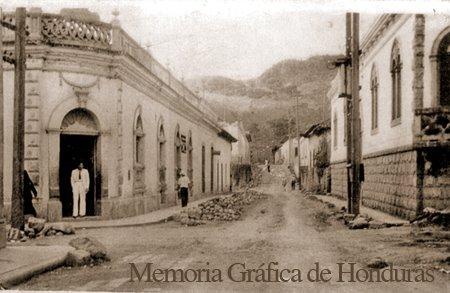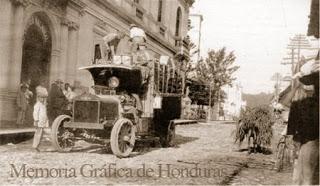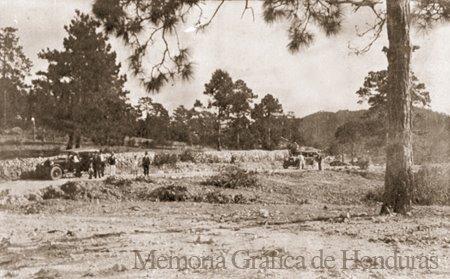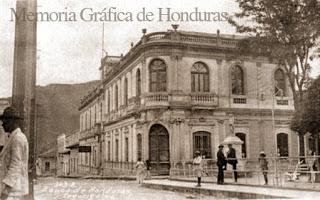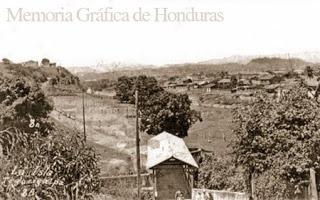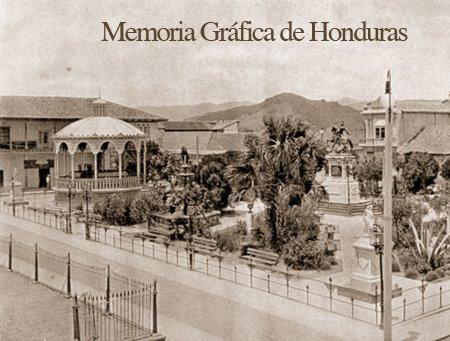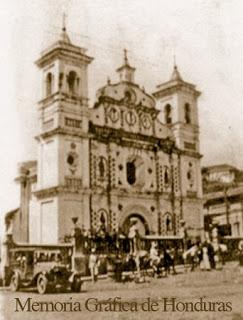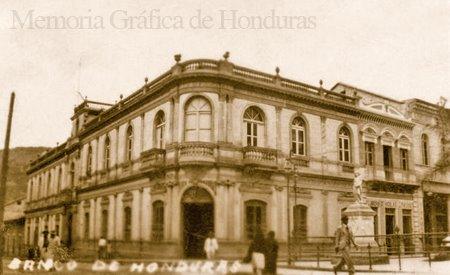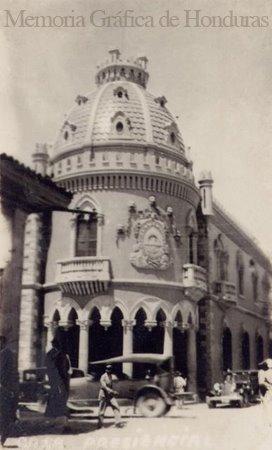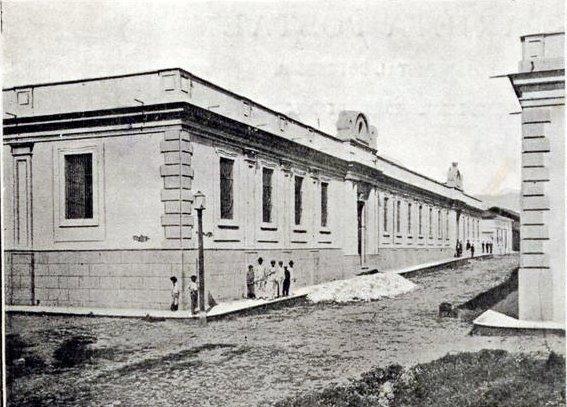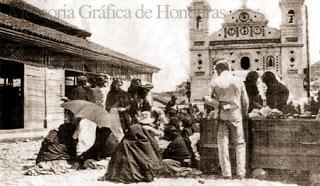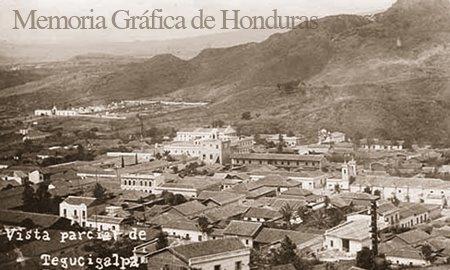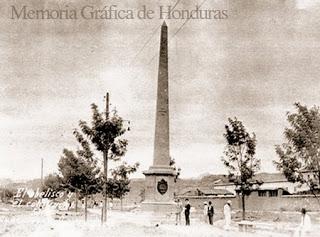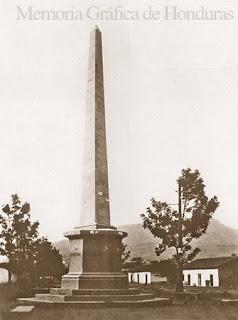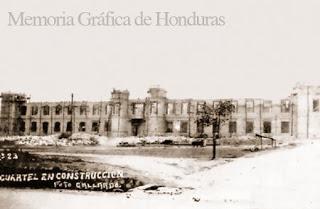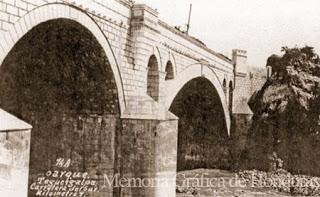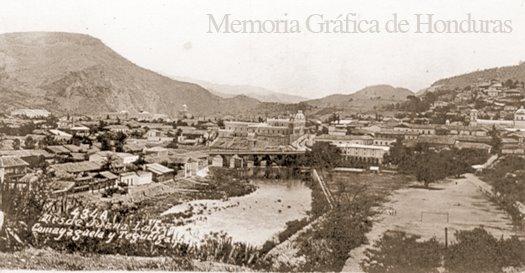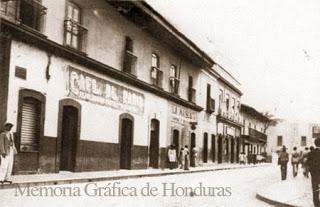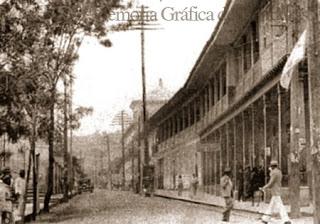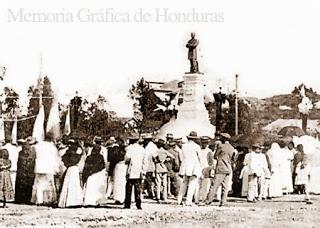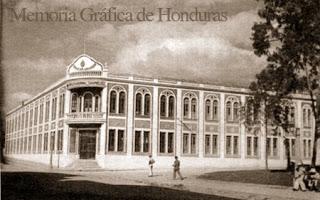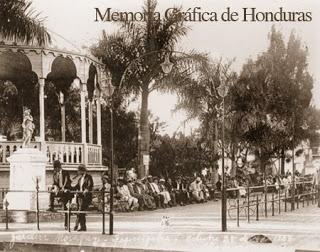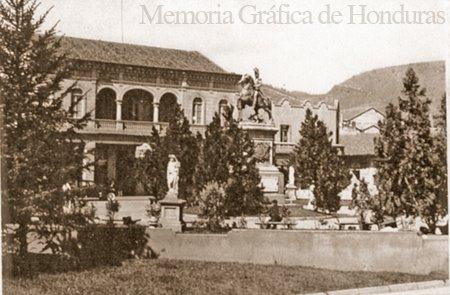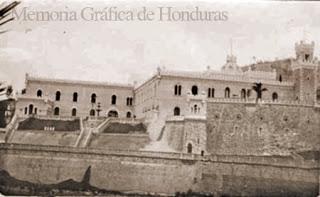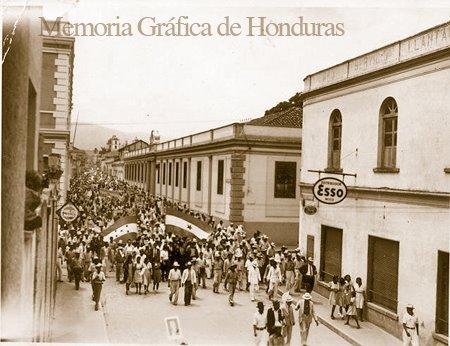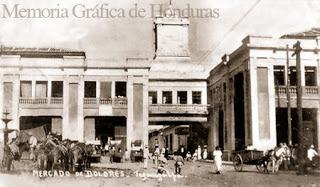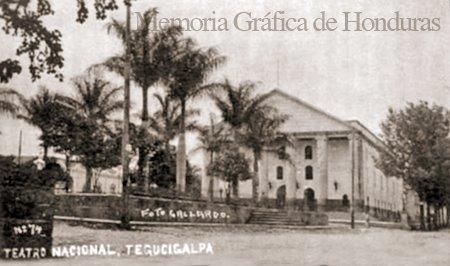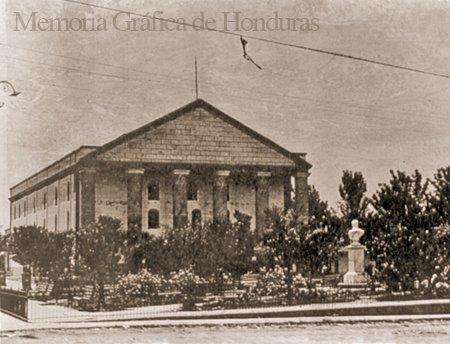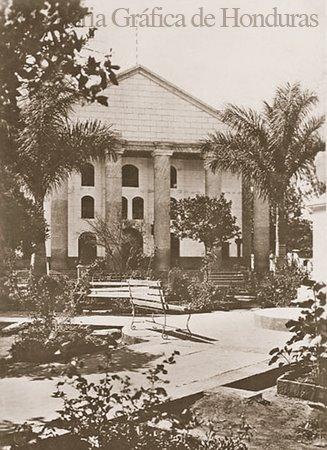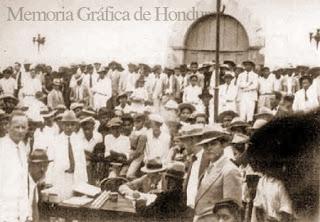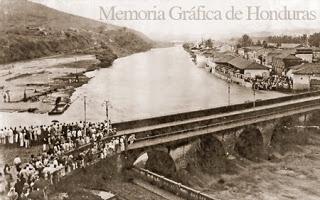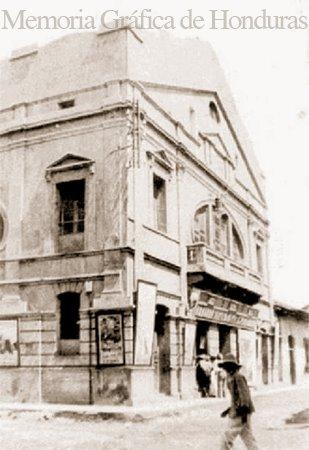The historiographic essays on the Liberal Reform that have been published are abundant and varied, many of them coinciding in that Ramon Rosa and Marco Aurelio Soto, inspired in the positivist philosophy.
It was at this historical juncture that in 1876 the liberal Marco Aurelio Soto came to power in Honduras. Inspired by the new progressive currents, in the company of his cousin, faithful friend and main minister and collaborator Ramon Rosa. He immediately set about establishing a revolutionary package of radical reforms in the juridical and administrative field, and in a short span of six years he modified the institutional and economic physiognomy of the country. This period is known as the period of the Liberal Reforms.
In the Juridical
The motto of "Order and Progress" was adopted, they promoted secular and obligatory education, an idea that during the Federation nothing remained more than a project, they combined administration with state cohesion. The United States, already in rapid development, was the archetype and inspiration of development.
The reform put an end to the old dispute with the Church. The Church was separated from the State, tithes and ecclesiastical jurisdiction were abolished, cemeteries were secularized, and divorce and civil marriage were allowed.
Politics
Origin of Political Parties
During General Luis Bogran's second term, the political parties that had been contending for many years, grouped only around caudillos, were organized for the first time in Honduras. The conservative movement had been almost liquidated from the moment that Dr. Marco Aurelio Soto implemented the liberal reform and established a national government, with the participation of citizens of all the movements.
Liberal Party
In 1884, Doctor Celeo Arias founded a secret association in the country called "Liga Liberal", which members were designated with pseudonyms and which was in charge of promoting the organization of the party with a view to the 1887 elections. This year Doctor Arias presented his manifesto titled "My Ideas" and went with his friends to the elections presenting his candidacy against General Luis Bogran on whom the presidency fell by a majority of votes.
National Party
With the objective of grouping all his friends in a political entity, among them moderate liberalism, some former servants of the government of General Jose Maria Medina and people with no known political affiliation, General Luis Bogran insinuated the convenience of constituting a denominated National Party, with which it would try to confront radical liberalism in the following elections.
The Civil Wars
The resignation of President Marco Aurelio Soto, gave way to a period of slaughter and violence that lasts until 1933. The wars arose because of the Monopolist groups of the United States, who were determined to put their plant firmly in our country, support different internal factions, this stimulates civil wars between Hondurans.
The mining and banana companies were firmly decided to impose their hegemony in the country, specifically in the North Coast. In addition to this, there is the struggle for power between the two existing Parties at that time (Liberal and National). The purpose shared by the two parties mentioned above was to obtain and exercise power over the entire territory of the Republic.
The struggle between economic interests and those of the political parties created the conditions for the organization of troops and their rise against the government of Rafael Lopez Gutierrez (1- 10 February, 1924). The communications sector facilitated the organization and mobilization of the military forces, which rose up against government forces in various parts of the country. The first objective was to bomb Tegucigalpa, and do so in 1924. Vicente Tosta from the position of the "BERRINCHE", grouped among his forces even the youngest.
One of the consequences of these confrontations is the violation of national sovereignty, with the landing of marines in Tegucigalpa, under the pretext of guaranteeing the interests of foreigners residing in the capital. This invasion was denounced by Froylan Turcios through the Bulletin of National Sovereignty, so the Minister of Foreign Affairs, Doctor Romulo Duron, sent a note of protest to the U.S. Legation.
